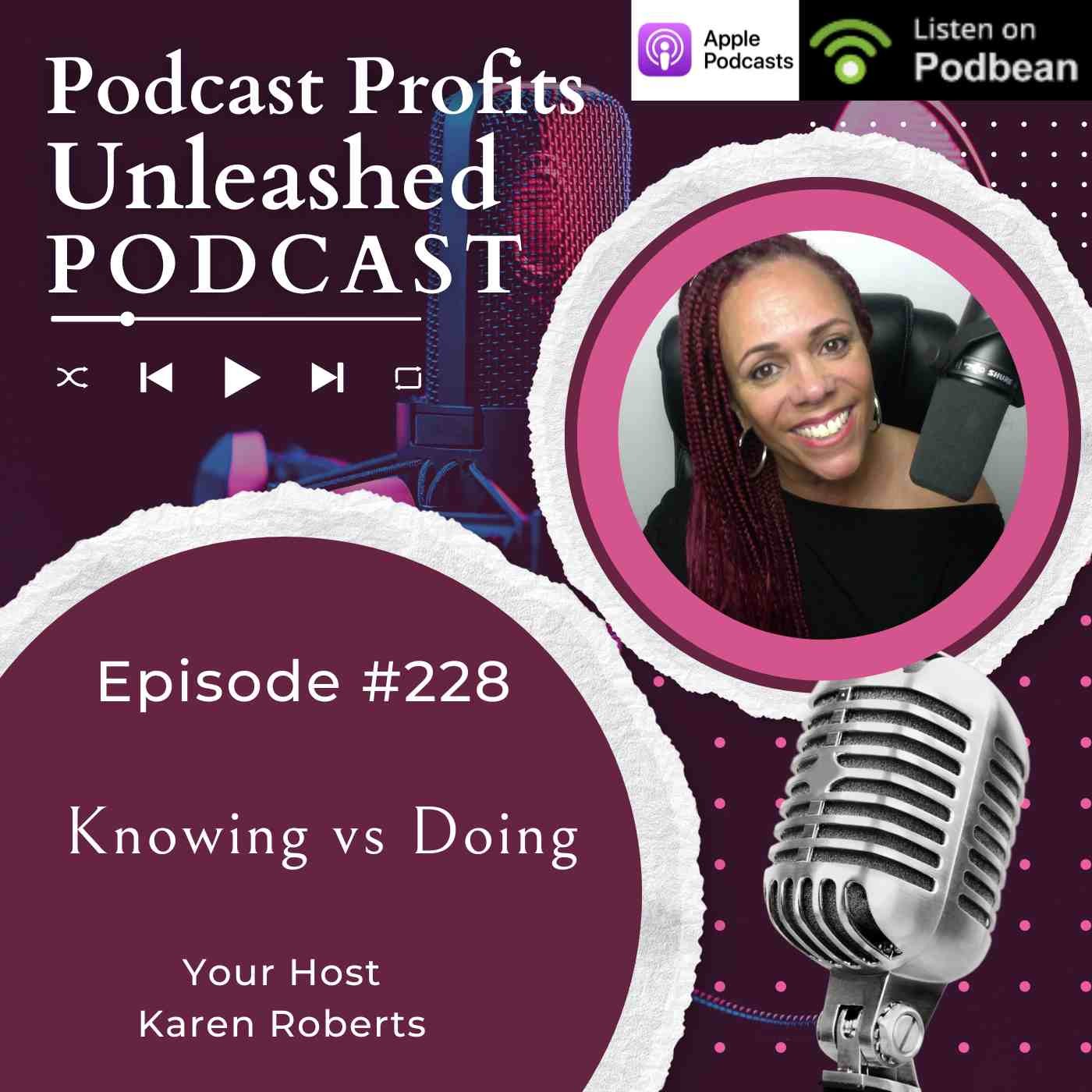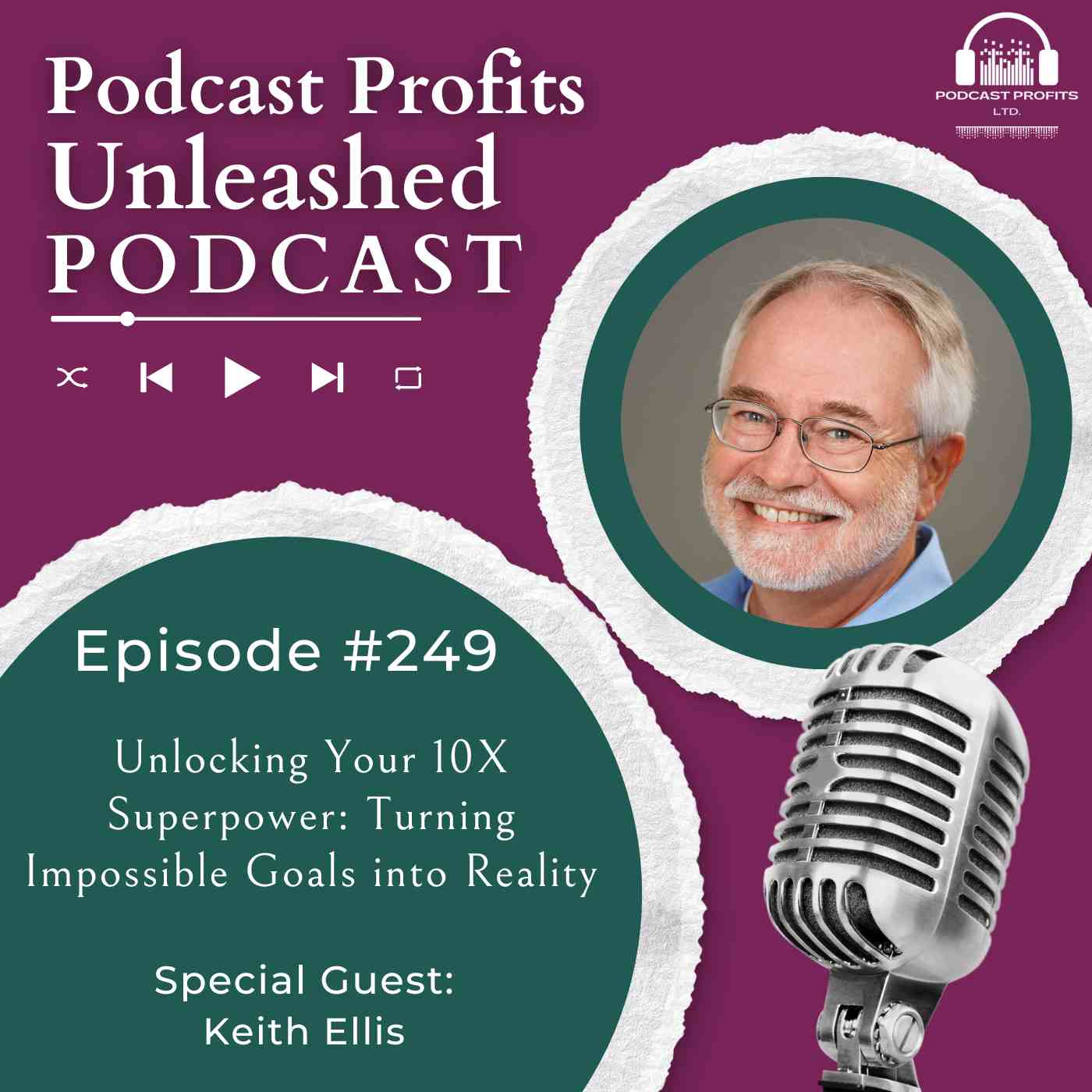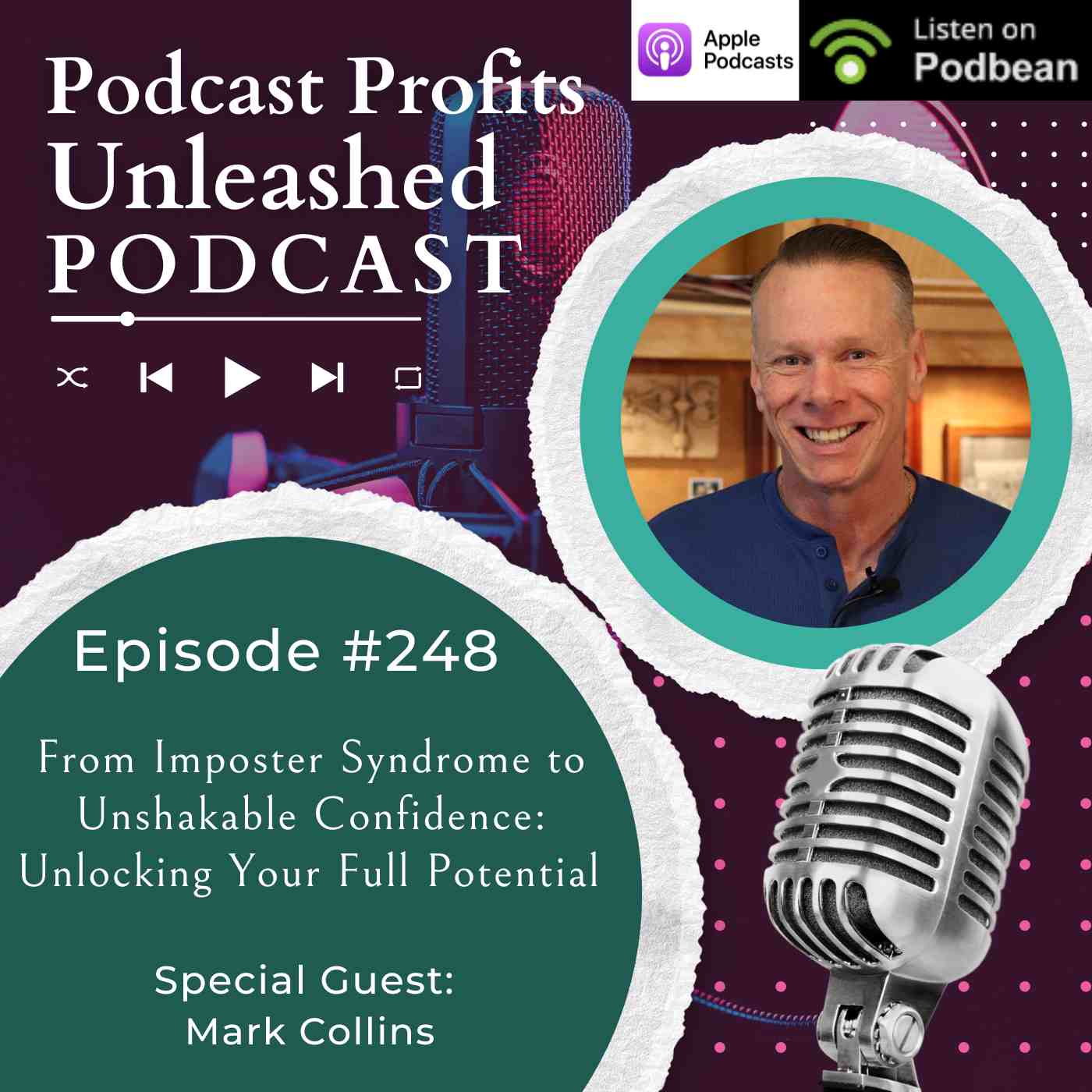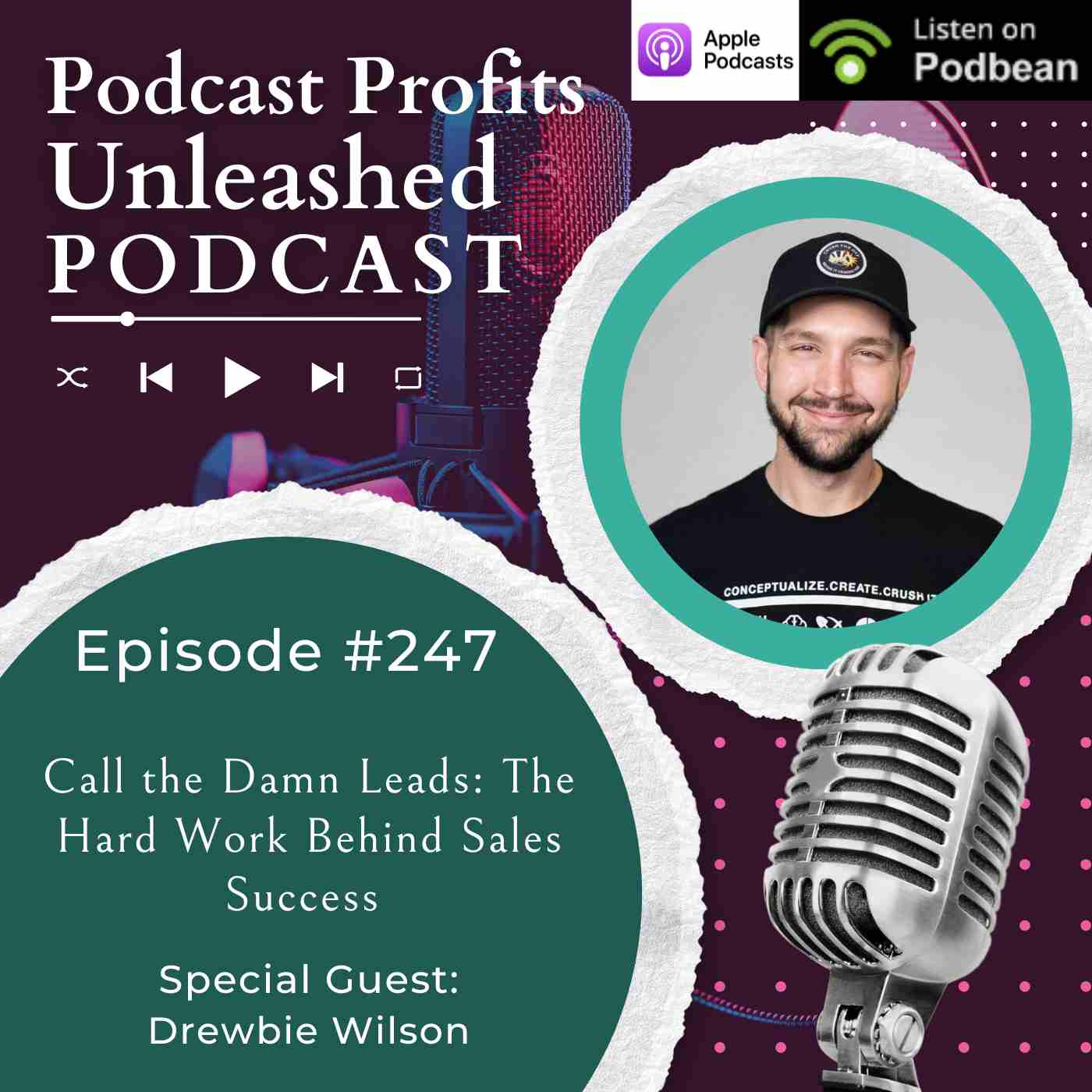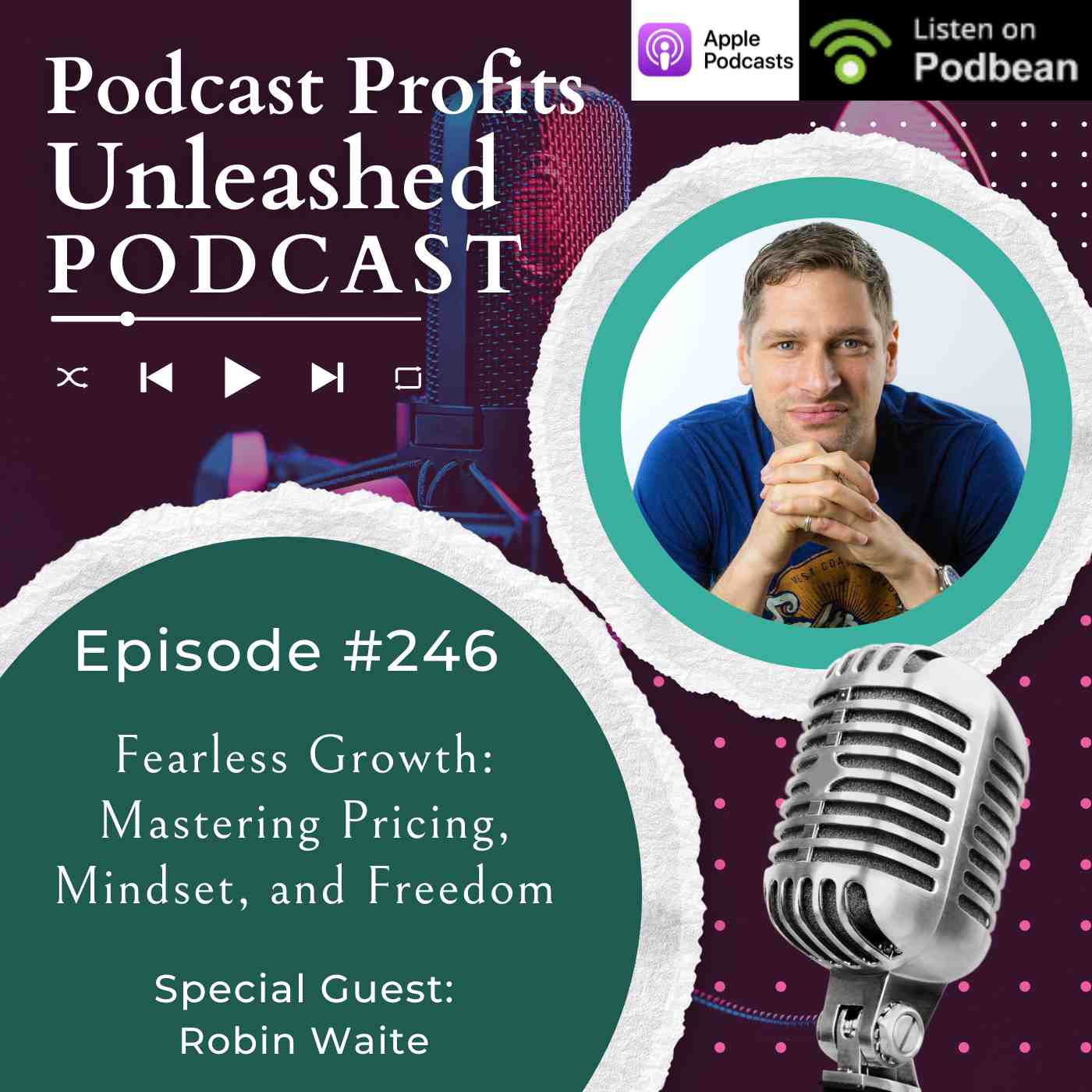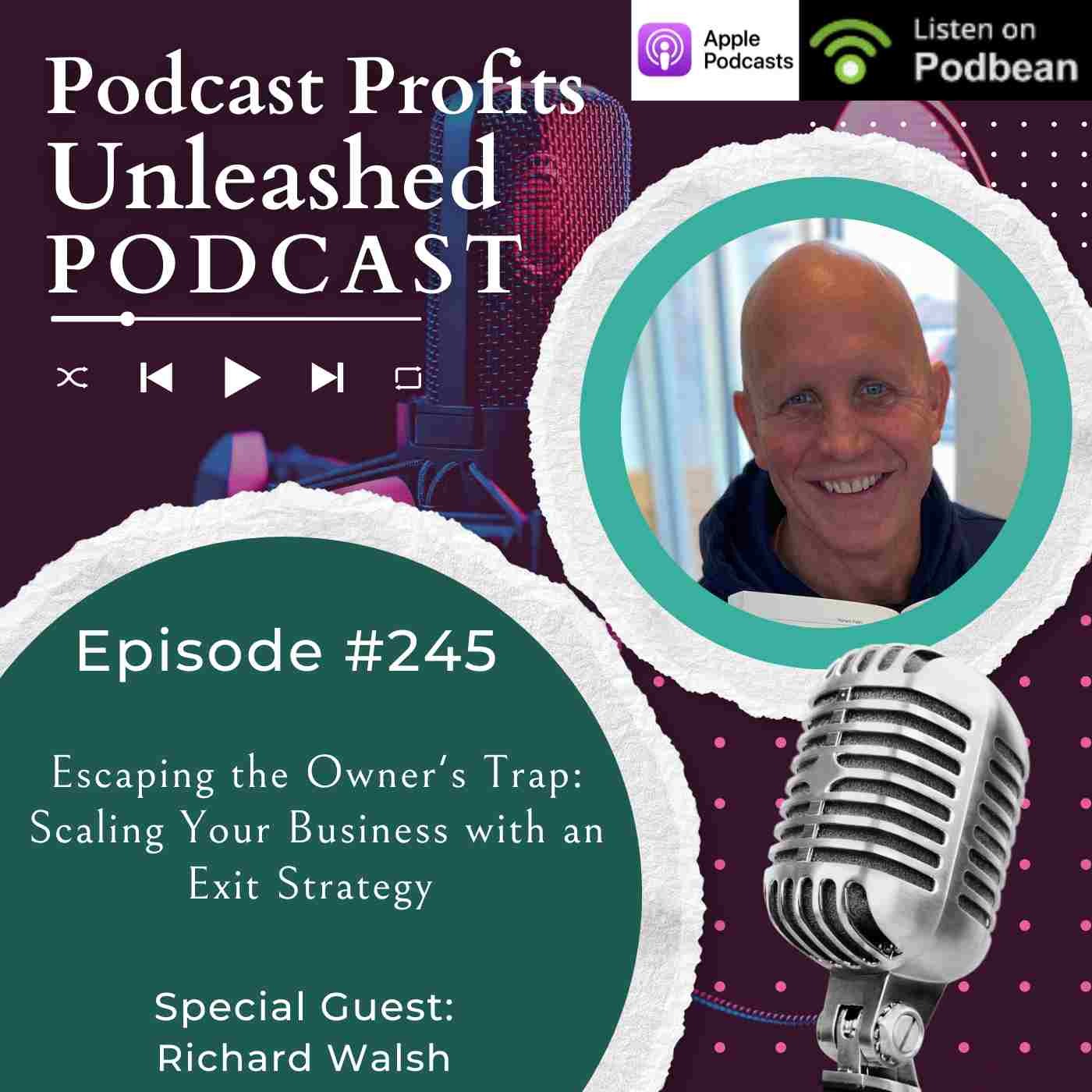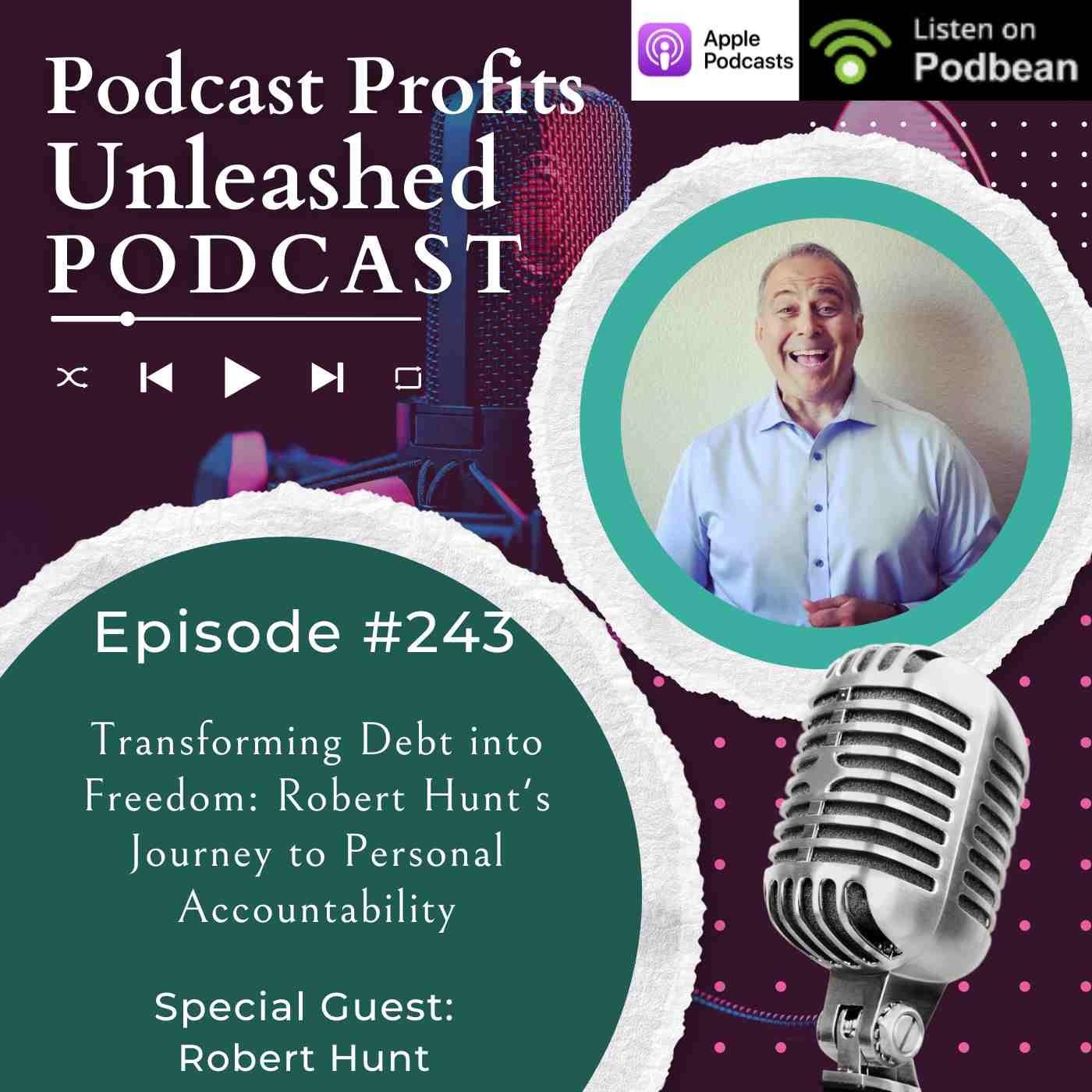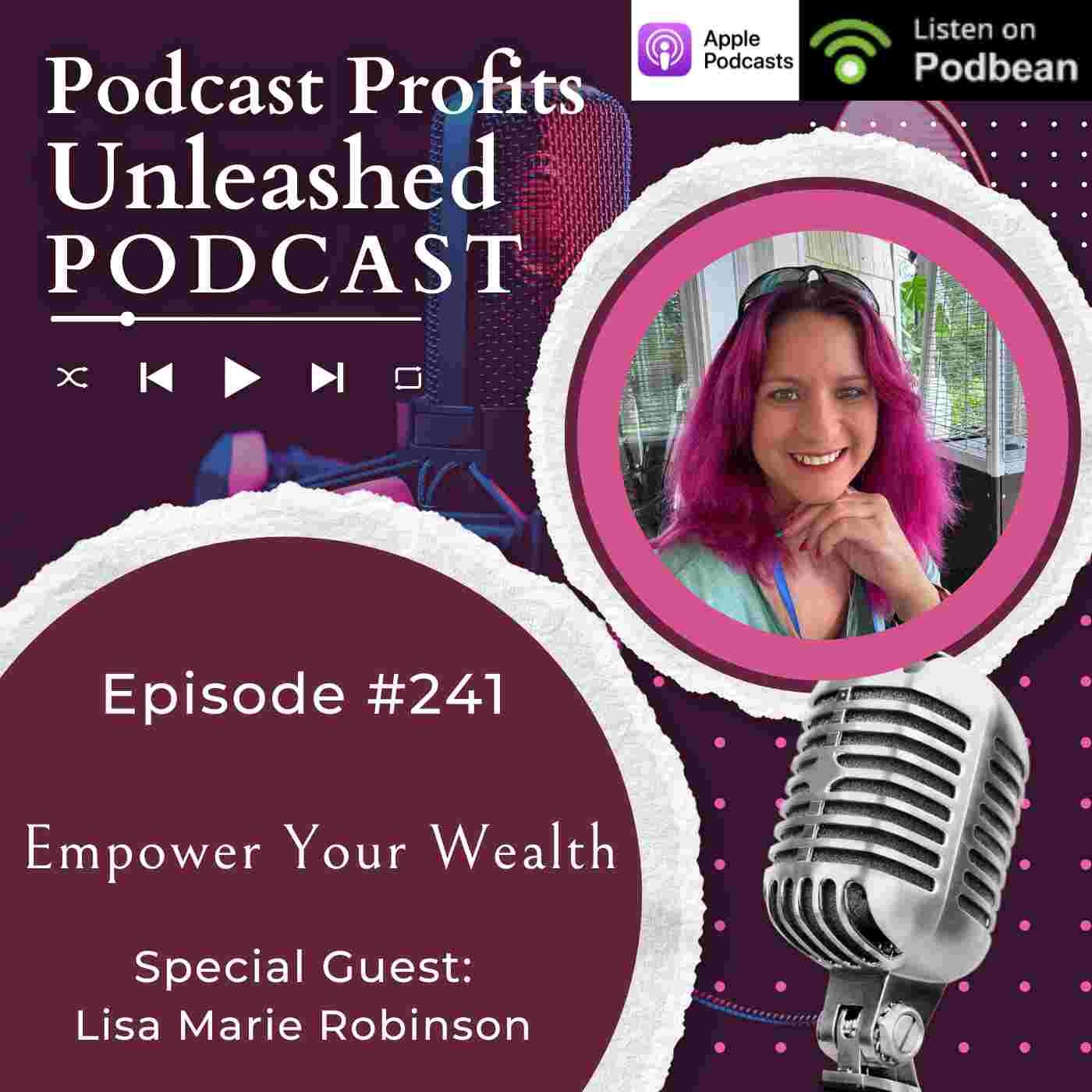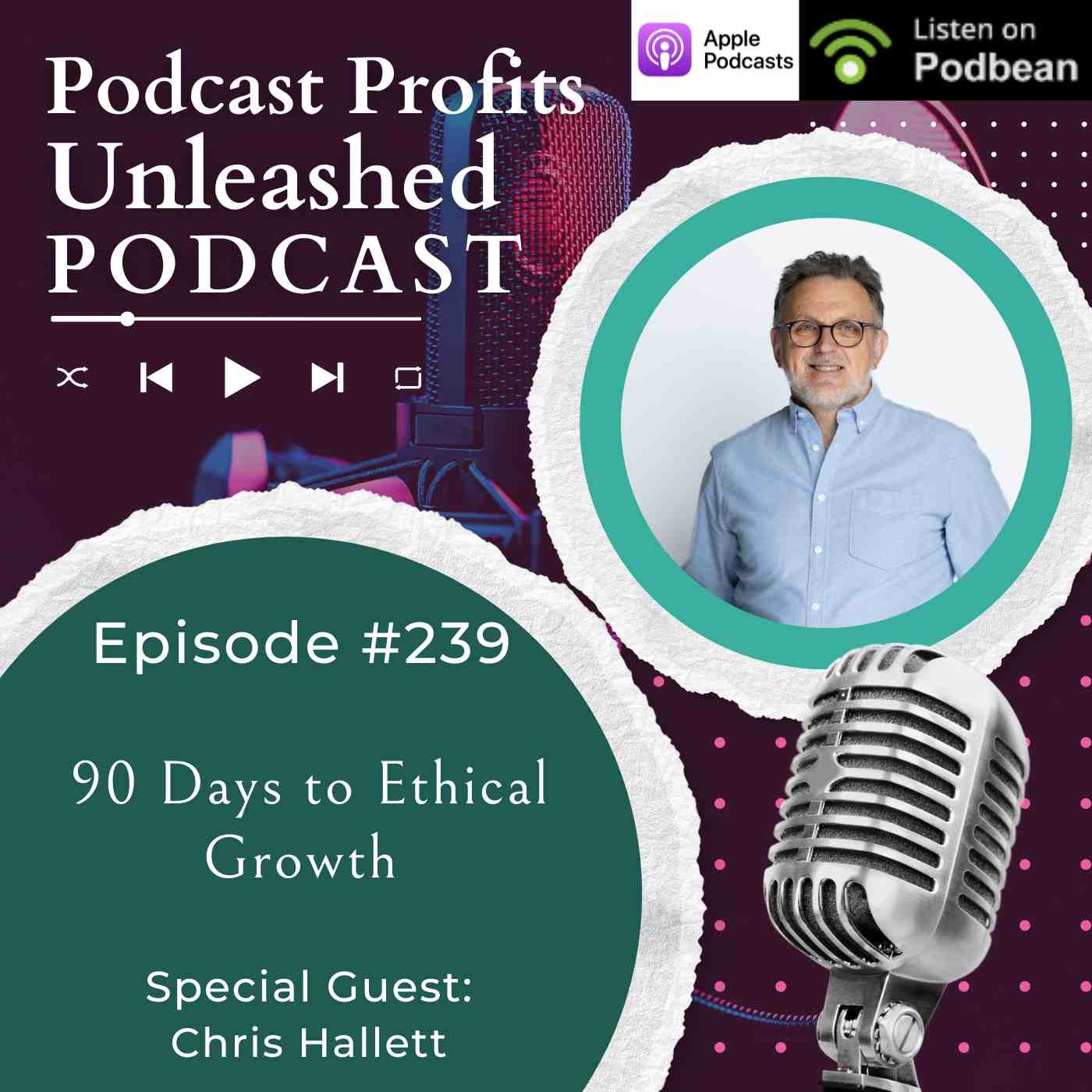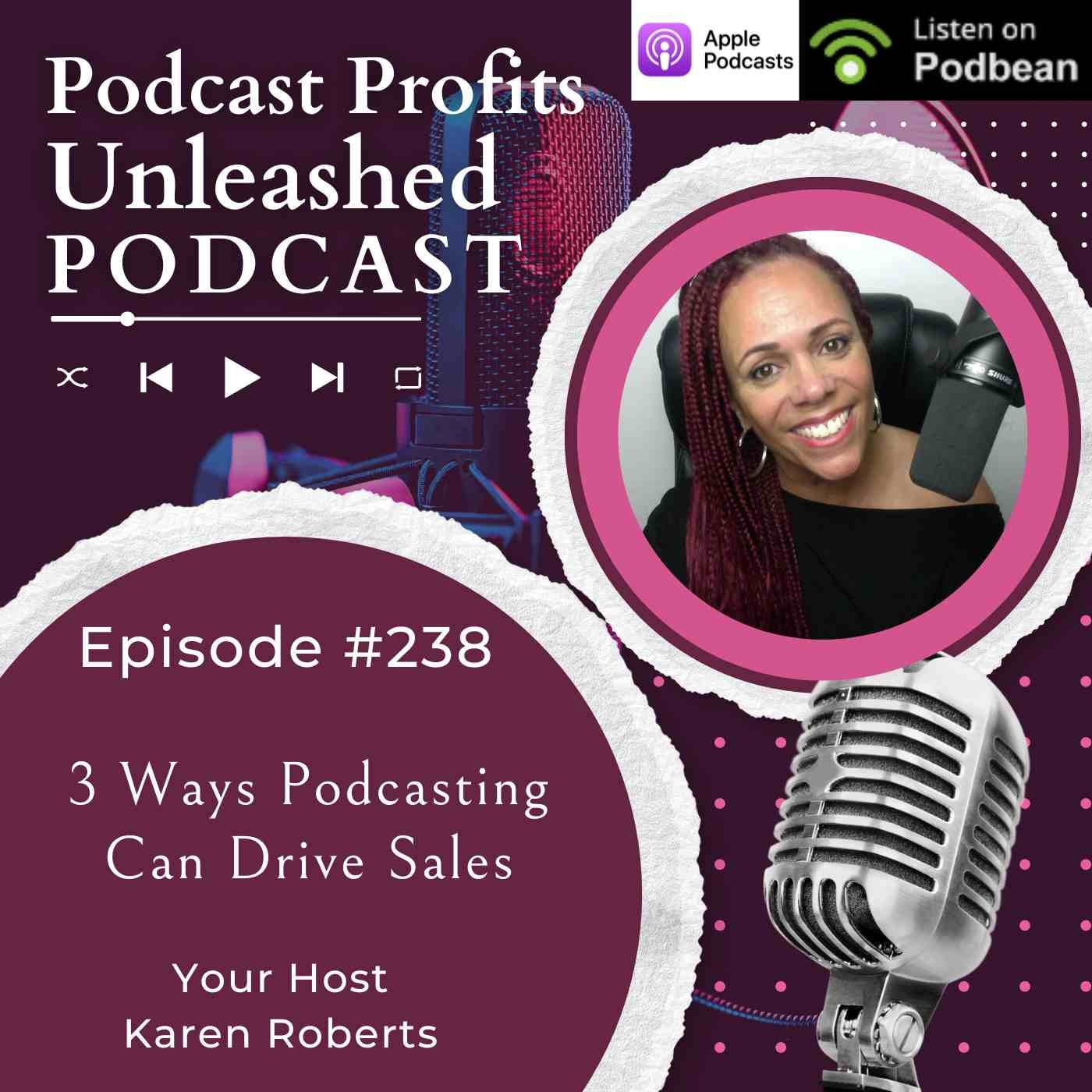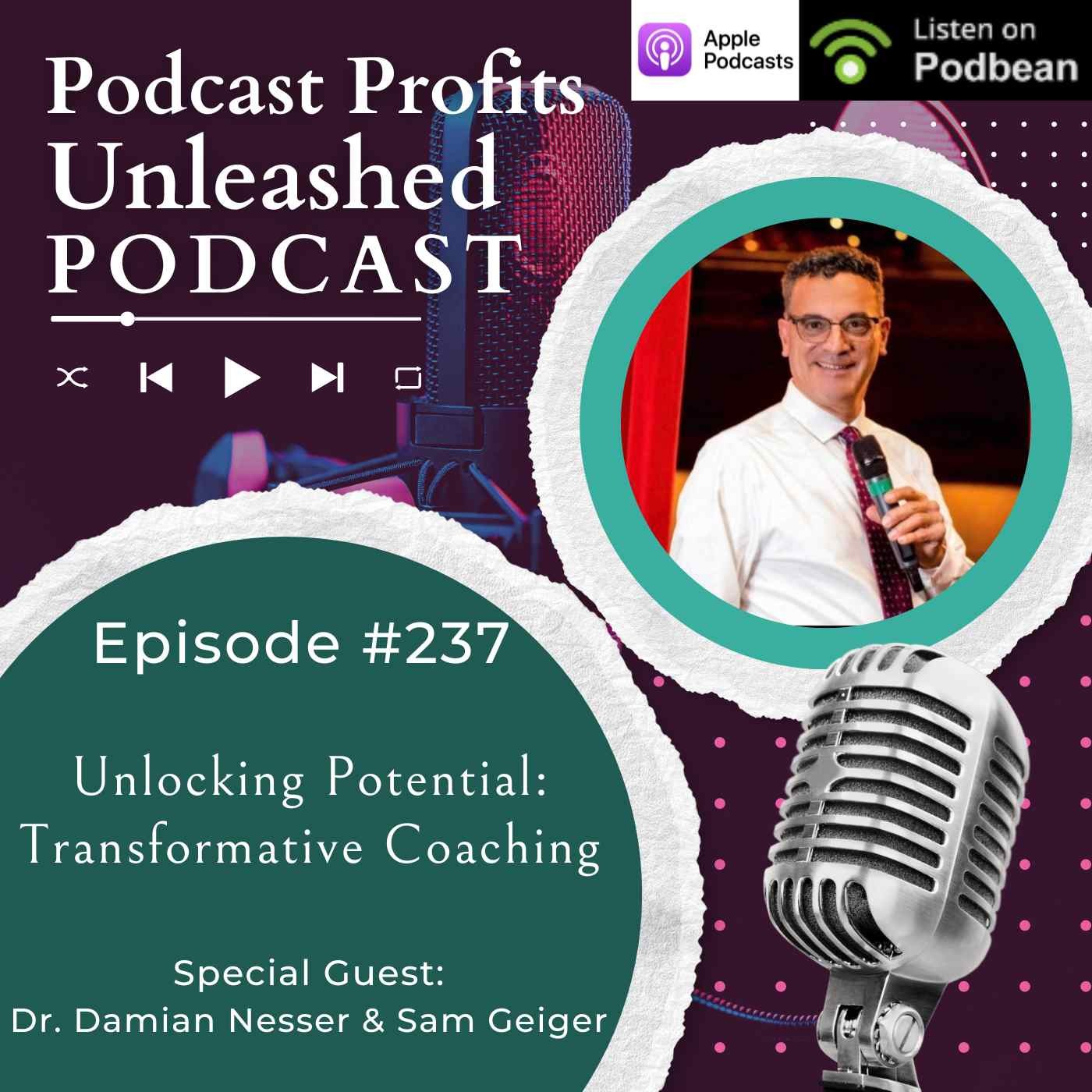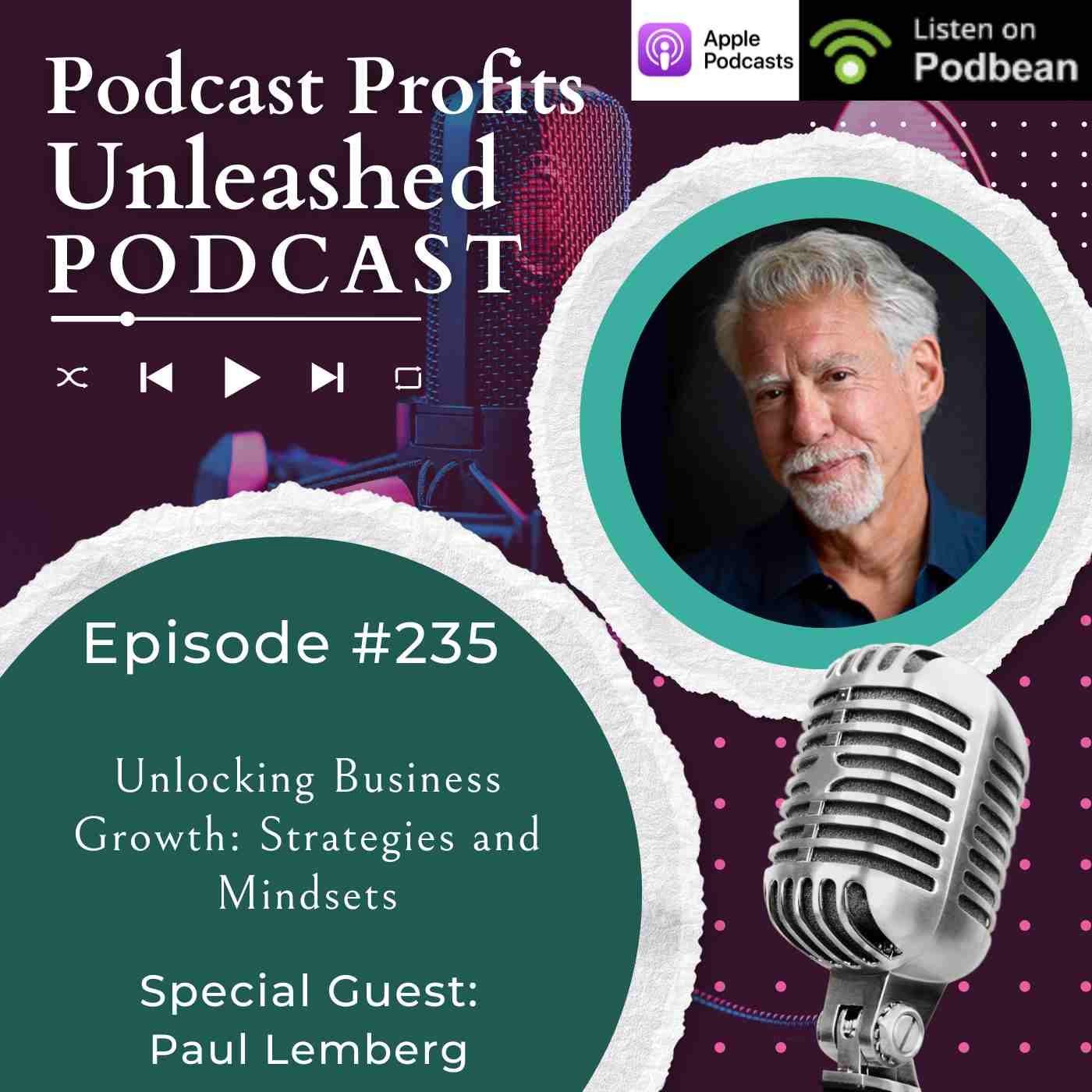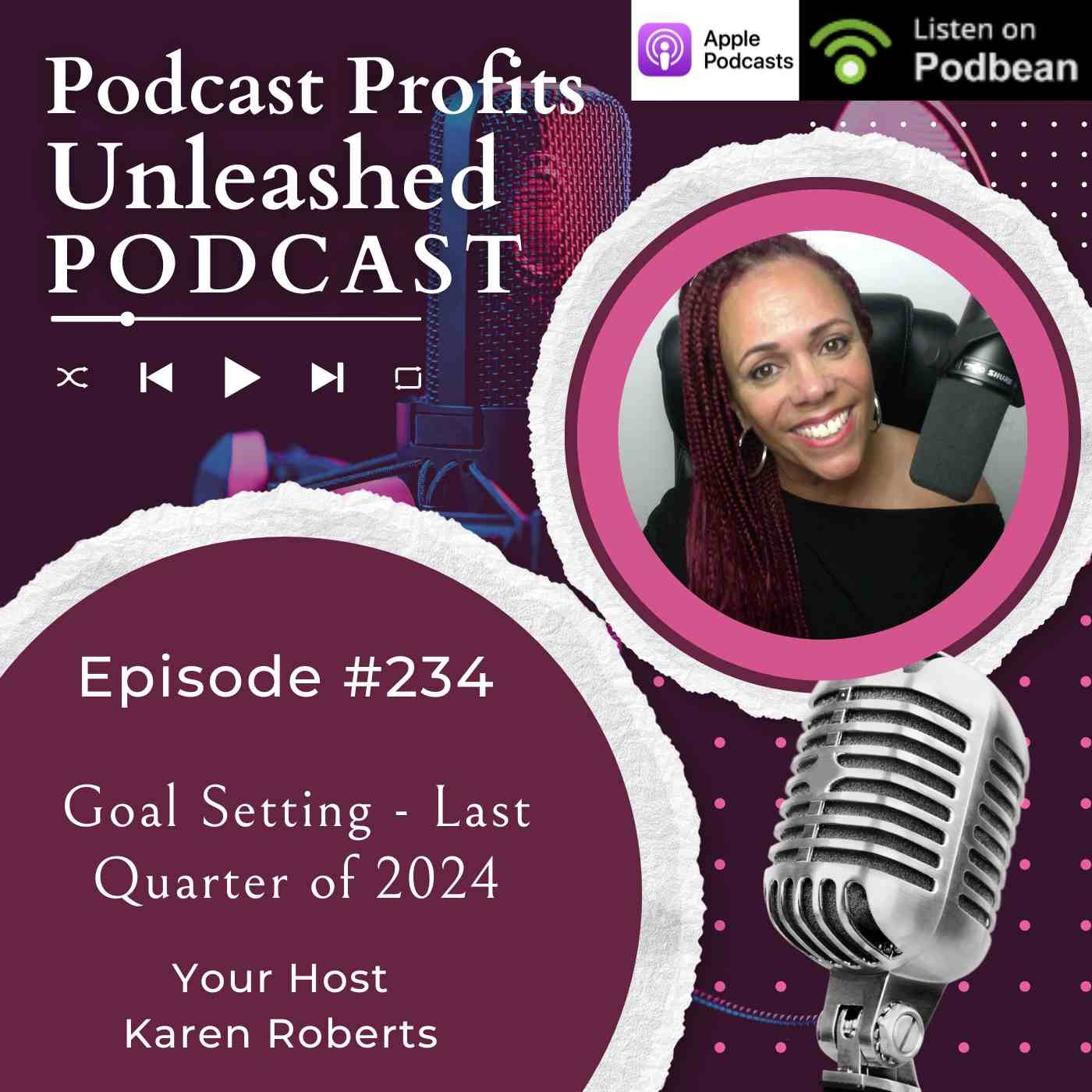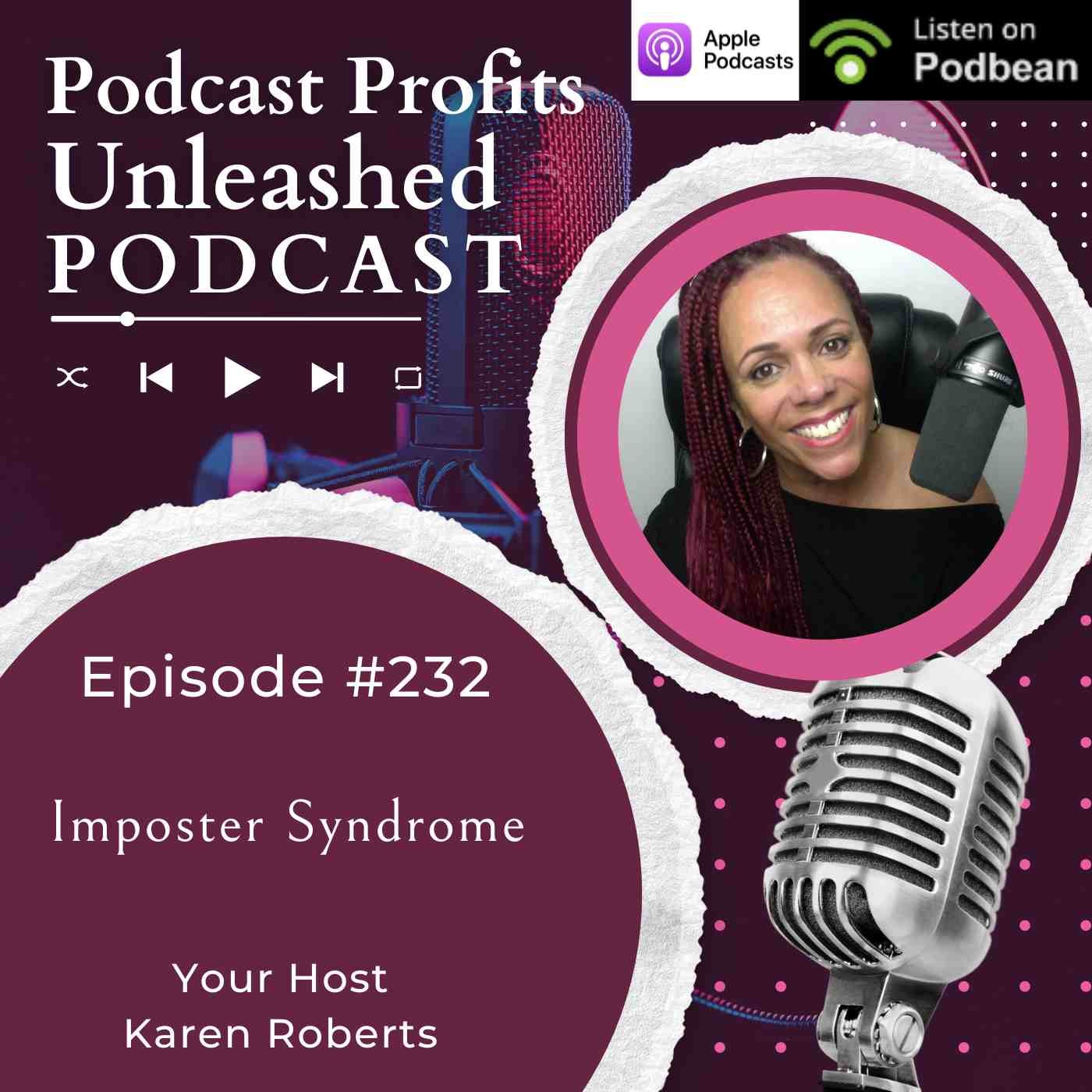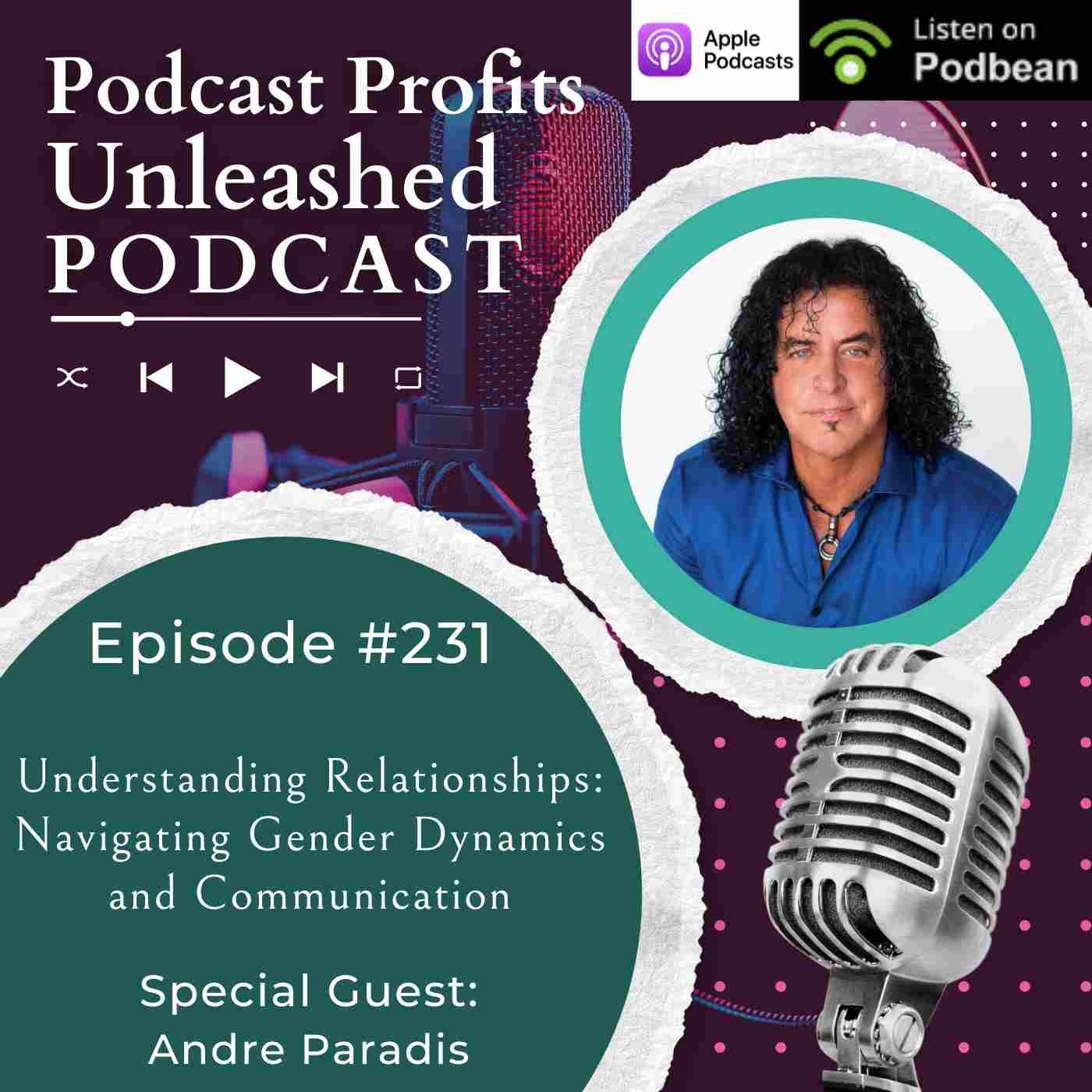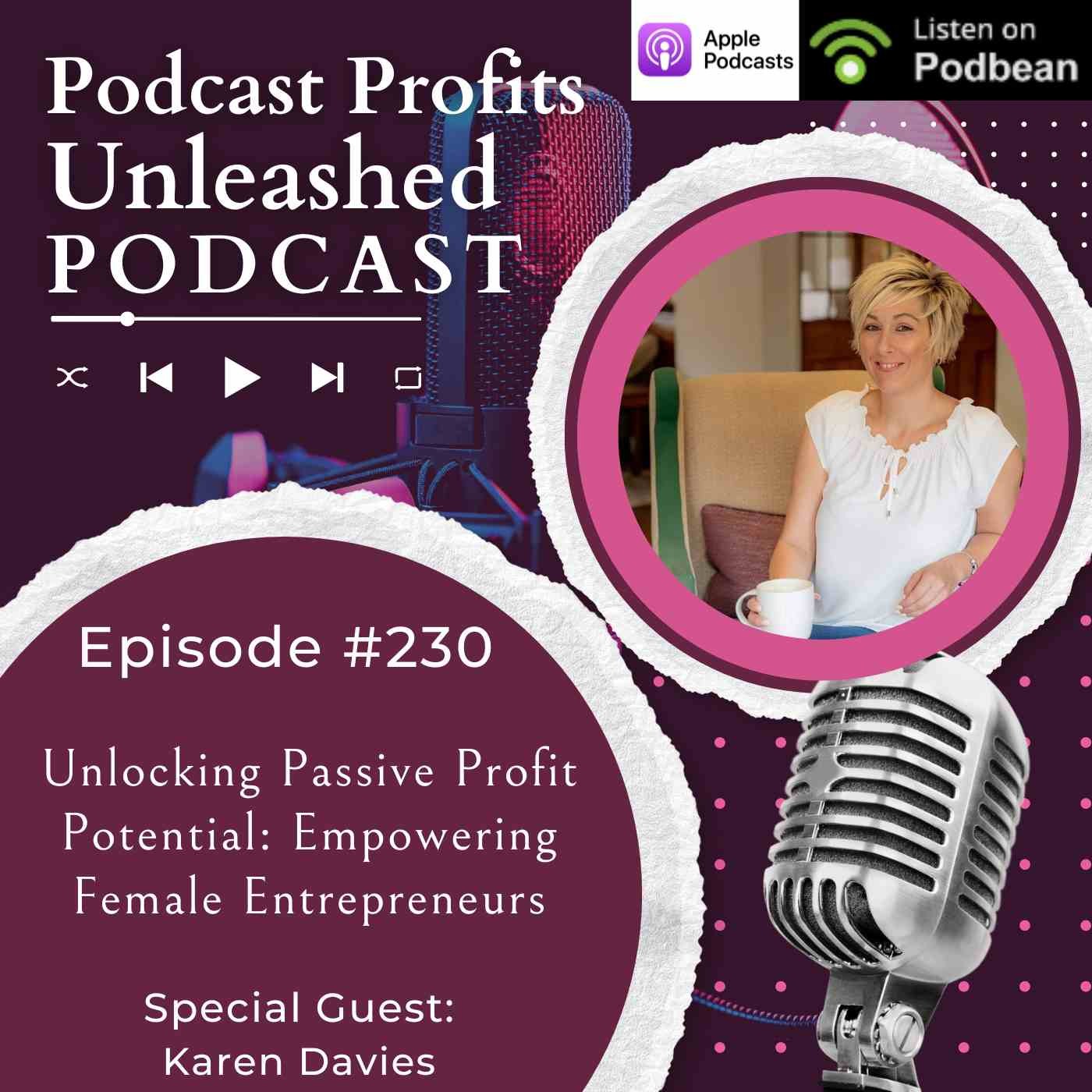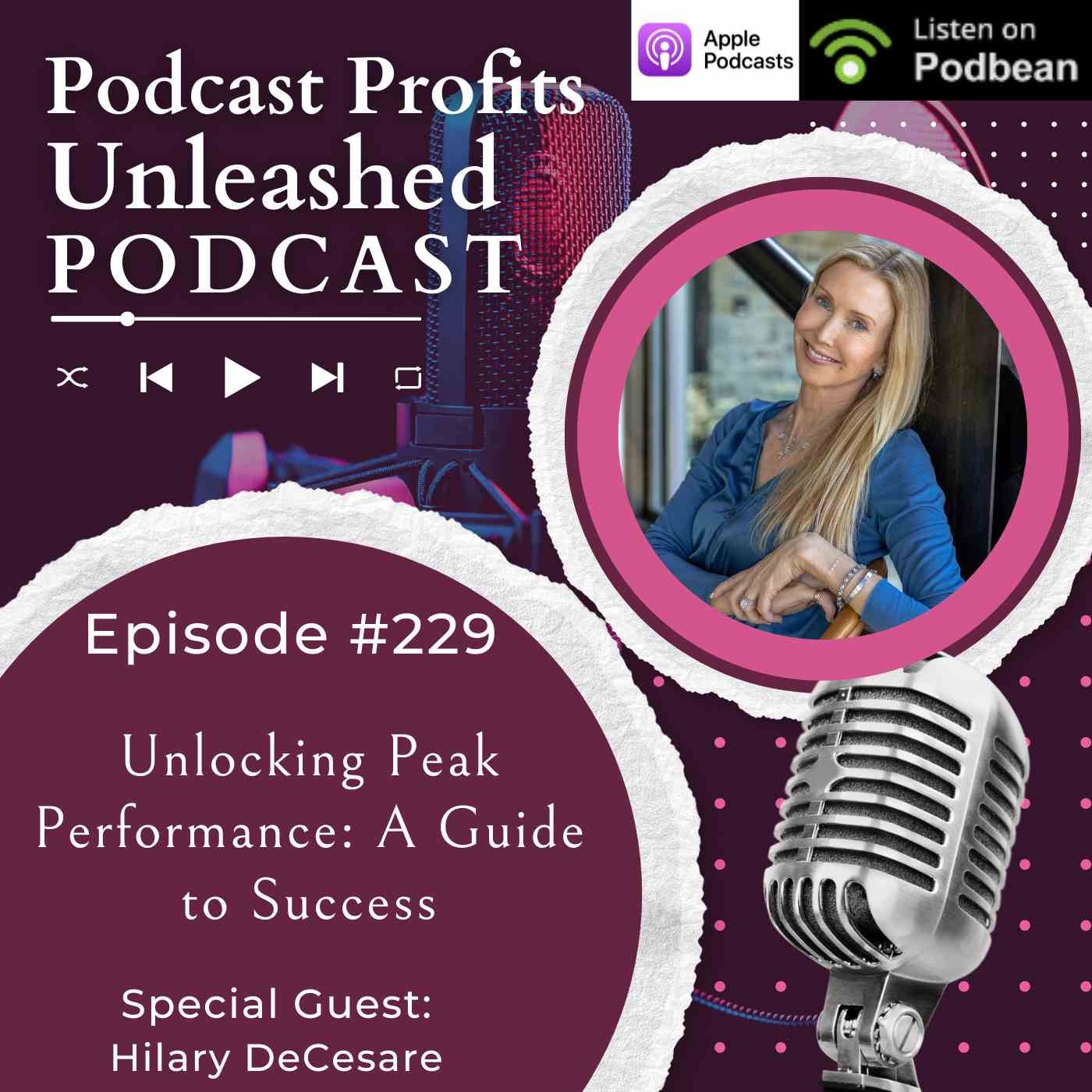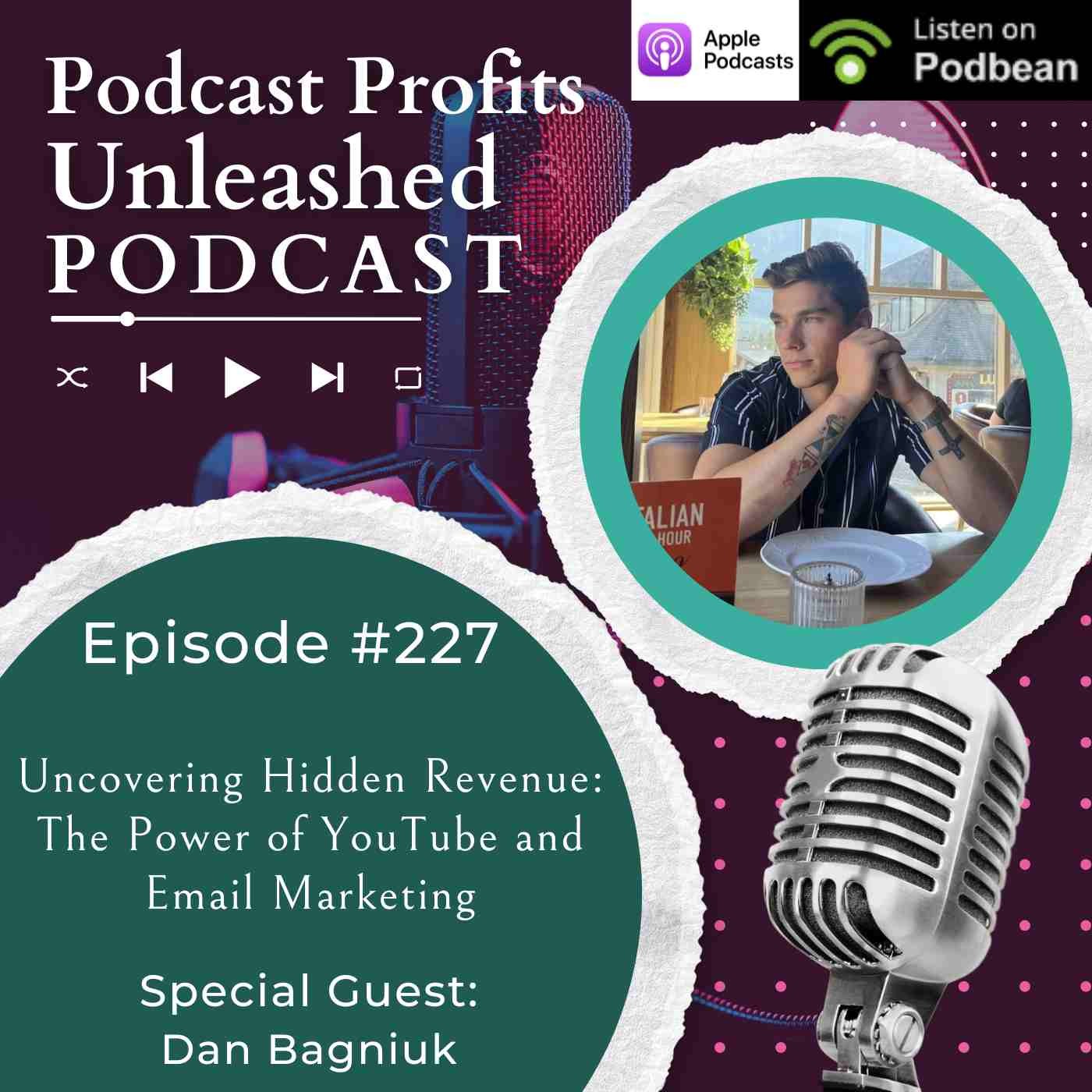Knowing Vs Doing
Description
In today's episode, we delve into the critical distinction between knowing and doing, a topic that resonates deeply with many entrepreneurs and podcasters. As your host, Karen Roberts, my mission is to help coaches and experts design, create, launch, and grow their podcasts into powerful sales tools. Today’s discussion is about bridging the gap between what we know we should do and what we actually do.
When I launched my podcast, despite knowing all the right strategies, my business wasn't growing as fast as I had hoped. I realized that while I was busy behind the scenes, I wasn’t being visible enough. This realization led me to examine why I wasn’t taking the actions I knew I needed to take.
Reflecting on my journey in the online space since 2017, starting as a coach for an online education company, I learned that the strategies for growing a business online are remarkably consistent. Whether you’re selling high-ticket affiliate programs, helping network marketers, or growing a podcast, the fundamental steps remain the same: grow your audience daily, build influence within that audience, and make offers regularly. Yet, knowing these steps is different from doing them consistently.
The conscious mind, where our ideas and critical thinking reside, is different from the unconscious mind, which drives our habitual actions and behaviors. Often, we know what to do, but our unconscious mind, driven by past experiences and ingrained habits, can hold us back. This dichotomy is why people frequently find themselves not taking the necessary actions to achieve their goals.
For me, learning to get out of my own way marked a significant shift. Many clients face the same challenge—they are aware that they’re not staying visible or taking the right actions but struggle to change this pattern. Recognizing this is the first step; accepting it is the second. The crucial third step is finding ways to shift behavior and mindset to allow for consistent action.
Being present and conscious in the moment is essential. It’s not about being in a meditative state but rather about being fully engaged in the now. This focus allows for better productivity. When we feel good about taking action, we are more likely to follow through. Conversely, negative feelings can lead to procrastination and avoidance.
Practical steps involve daily actions like growing your audience on platforms like LinkedIn or Facebook, sharing content, and making offers. For example, I send out 15 connection requests daily on LinkedIn, share video snippets of my podcast, and consistently post testimonials or reviews. These actions are simple yet often avoided due to overthinking or distractions.
The conscious mind helps us plan, but the unconscious mind—where habits and beliefs reside—often dictates our actions. Our beliefs, shaped by repetitive thoughts and past experiences, can either support or hinder our progress. This unconscious programming is why change can be difficult.
We experience thousands of thoughts daily, many of which are repetitive. These thoughts can create a program that runs in the background, influencing our actions and decisions. Becoming aware of this programming is crucial for making changes.
The unconscious mind, which operates our basic life functions, also influences our decision-making and actions. Trusting this system for essential functions like breathing, we should also trust it to guide our business actions. To do this effectively, we must plan our actions consciously and then find ways to unthink—engage in activities that get us out of our heads and into a positive state, ready to take action.
Balancing thinking, unthinking, and taking action can lead to consistent results. Fear of judgment often holds us back, but remember, people are not as focused on us as we think—they are scrolling through their feeds. Consistency is key; over time, your target audience will notice and engage.
Taking an hour each day to focus on visibility and action is manageable for everyone. If you feel overwhelmed, seek support. Our team can help you create content assets from your podcast, so you have ready-made materials to post.
In conclusion, to grow your business and podcast, you need to be seen and heard consistently. Trust the process, do the work, and you will see results. I hope this episode has been insightful. Join us next week when I’ll be speaking with the wonderful Hilary DeCesare. Until then, keep taking action and stay visible.
If you would like to book a Podcast Strategy call https://podcastprofitsunleashed.com/appointment

